
Dogs can eat some strange things, including dirt. More often than not, a dog will eat dirt just because it's something to do, but occasionally there are real medical concerns that may be causing your dog to eat dirt.
Dogs can munch on dirt for a few reasons. They may be bored and smell something interesting in the soil or they may be stressed and self-soothing by eating dirt. However, there are also some underlying medical issues that may drive your dog to eat dirt.
In dogs, anemia is considered to be either a low red blood cell count or low hemoglobin levels in the blood. Hemoglobin is the compound in red blood cells that binds oxygen for transport throughout the body, and iron is an essential element in hemoglobin. Whether your dog is anemic because they don't have enough red blood cells or they don't have enough hemoglobin, your dog may instinctively eat dirt because of it. By eating dirt, your dog may be trying to obtain iron from the soil to help with their anemia.
Certain gastrointestinal problems may also cause your dog to eat dirt. Dogs that suffer from irritable bowel syndrome, parasite infestations, and liver or gallbladder dysfunctions may feel compelled to eat dirt. It is believed that, similar to eating grass for an upset stomach, a dog suffering from any of these GI illnesses will eat dirt to soothe their GI tract.
A dog may also start eating dirt if there are nutritional imbalances in their diet. There are various minerals in the soil that a dog with a nutritional imbalance may be trying to obtain. Nutritional imbalances can arise either from improper diet or a malabsorption disorder in your dog's GI tract. All commercially prepared dog food is required be nutritionally balanced and complete for their stated life stage. This means all required nutrients are present and balanced and in the proper ratios. This is actually what the AAFCO statement on all pet food is in reference to—that the food in question is nutritionally complete and balanced.
It's important to know that there are currently two life stages recognized by AAFCO. They are growth and reproduction (i.e. puppies and kittens or pregnant/lactating females) or maintenance (i.e. adults and seniors). So if you feed your adult dog a commercially prepared food made specifically for adult dogs, it's unlikely a nutritional imbalance will be from their diet. Nutritional imbalances from diet is more commonly seen in dogs that eat home-prepared meals. Making your dog's food balanced and complete is more difficult when making it from scratch, whether you cook it or feed them a raw home-prepared diet. There are various vitamins and minerals that your dog will need that may be difficult to find. There are board certified veterinary nutritionists that can review a recipe to ensure it is balanced and complete, or they can even give you a recipe to follow.
The other way nutritional imbalances can arise is through malabsorption disorders. A dog suffering from a malabsorption disorder will not be able to properly absorb all the nutrients from their diet, so you could feed your dog a nutritionally balanced and complete diet, but they won't be able to absorb all the nutrients from their food. One of the most commonly-seen malabsorption disorders is something called Exocrine Pancreatic Insufficiency, or EPI. A dog with EPI does not have the proper amount of pancreatic enzymes required to break down their food. Dogs with EPI will be noticeably under nourished, appearing under weight. EPI can be acquired through infection or injury to the pancreas but it can also be something that is inherited genetically. German Shepherd Dogs historically have been the poster child for EPI but it can also be a genetic disorder seen in Rough Coated Collies, Chow Chows, and Cavalier King Charles Spaniels.
Eating dirt, while not an immediate medical emergency, isn't something you should encourage in your dog, as there are health complications from eating dirt. If your dog eats rocks, pebbles, sticks, or even just a very large volume of dirt, they can get intestinal blockages and impactions that may require surgical intervention. Sticks and other sharp debris that may be present in the dirt may cause trauma to your dog's mouth and esophagus. Any pesticides or toxins present in the dirt can make your dog sick. There are also intestinal parasites that your dog may ingest when they eat dirt.
Since dogs eats dirt most commonly because they are bored, making sure your dog has proper environmental enrichment and adequate exercise can help your dog break this habit. Things as simple as training, playing in the yard, or going for walks or runs can help. For dogs that require more activity and more mental stimulation, they may enjoy a sport such as agility, fly ball, or dock diving. If you find your dog sniffing around and about to start eating dirt, get their attention and redirect them with a quick game of fetch. Finally, try to control the environment as best you can by covering loose dirt and blocking your dog's access to flower and mulch beds.
Eating dirt can be a strange quirk in some dogs, but it can also be an indication of an underlying problem. If your dog starts eating dirt, have your vet check them over to ensure there isn't a medical issue that may be otherwise hidden.

The First 30 Days With Your New Kitten
The first month is full of changes and excitement for a kitten in a new home. Find out what to expect and what you can do for your new feline friend.
How Old Is Your Cat in Human Years?
As a cat ages, there are often behavioral and physical changes too. Find out how to convert cat years to human years and what to expect at each stage.
What to Buy for Your New Cat: A List of Essentials
Before you bring your new cat or kitten home, there are a number of things to collect or buy so your cat will feel welcomed like a family member.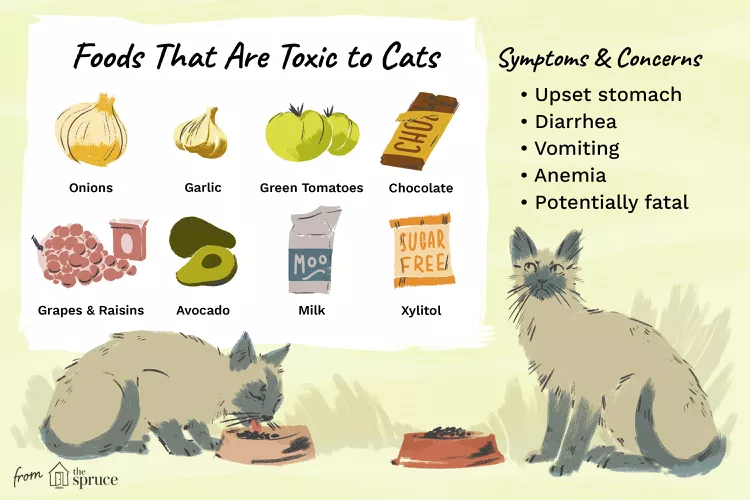
Human Foods That Are Poisonous to Cats
Many human foods are toxic to cats. Avoid feeding cats table scraps. Instead, feed a nutritious cat food created for their specific nutritional needs.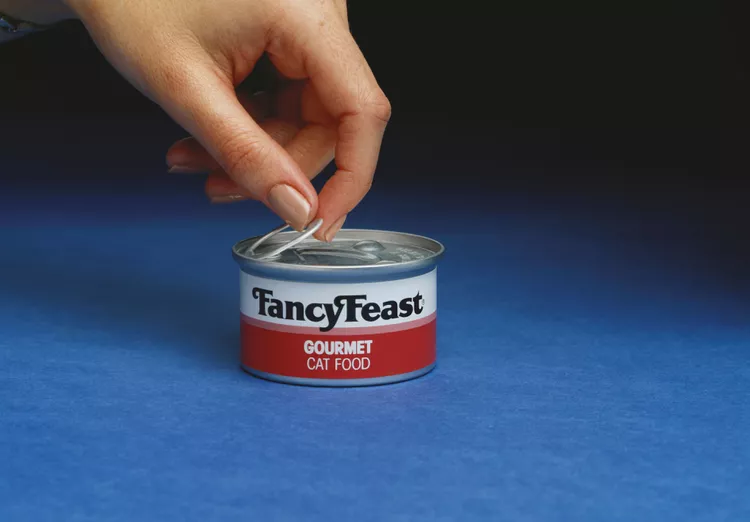
Cat Food Ingredients to Avoid
When checking the nutrition content of cat food, look for ingredients that are not healthy or show it is of poor quality. Avoid these 3 ingredients.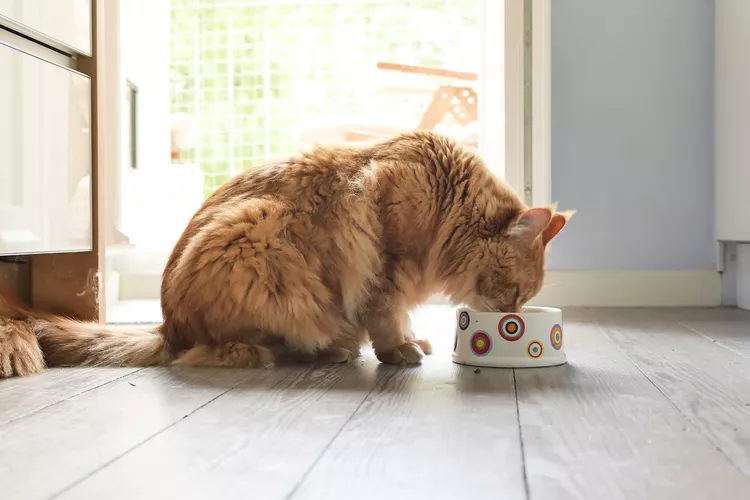
Should You Feed Your Cat a Raw Diet?
Learn the pros and cons of raw diets for cats, and find out how to choose a raw food diet for your own cat.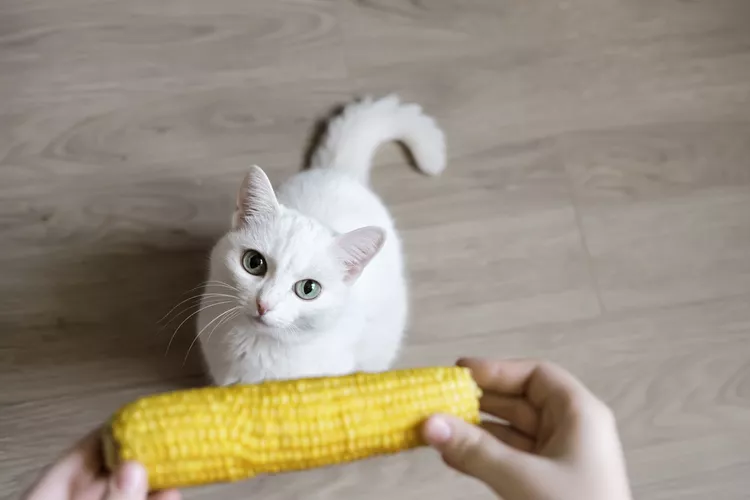
Can Cats Eat Corn? Here's What A Vet Thinks
Corn is a common ingredient in cat food and can be a safe treat for cats when fed in moderation. Find out more about how to safely feed corn to your cat.
10 Obscure, Little-known Canine Facts in Honor of National Dog Day
With National Dog Day upon us, it's time to celebrate everything about our favorite pets—even the weirder stuff. Here are 10 obscure facts about dogs you probably didn't know.
The Different Types of Pet-Friendly Workplaces
Discover the different types of pet-friendly workplaces and the benefits they offer employees. Learn how to create a pet-friendly workplace and the best practices for pet owners.
Exploring the Different Types of Pet-Friendly Beaches
Are you looking for pet-friendly beaches? Learn about the different types of pet-friendly beaches, their locations, and tips for visiting them with your pet.
Why Is My Dog Lethargic?
Lethargy can be a sign that something is wrong with your dog. Find out what may be causing this lack of energy and what you should do about it.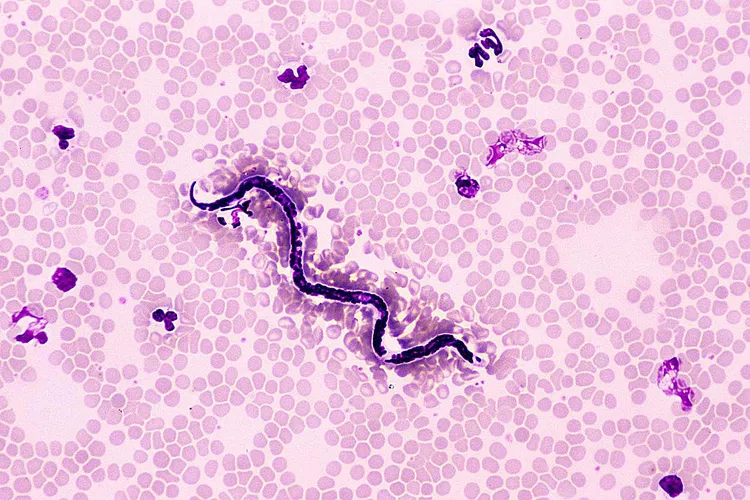
Medications to Prevent Heartworm Disease for Dogs
Heartworm disease is a serious risk for all dogs exposed to mosquitos. Find out about the products used to prevent Heartworm disease in dogs.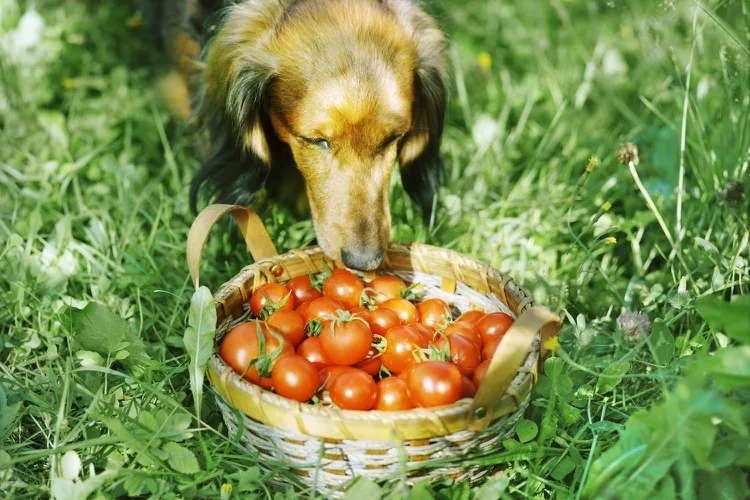
Can My Dog Eat Tomatoes?
You'll want to keep Fido out of your garden since the tomato plant is toxic, but you can safely offer him ripe tomatoes as a nutrient-packed treat.
15 Best American Cat Breeds
Several cat breeds, including the American shorthair and Bengal, have their origins in the United States. Learn more about these American cat breeds.
Why Do Cats Slap Each Other?
Cats can have some quirky behaviors—one of them being slapping each other. Why do they do this and what can you do to stop it?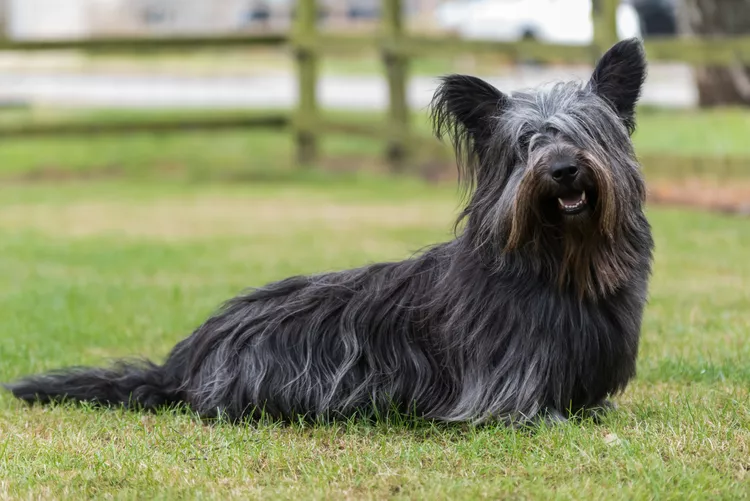
Skye Terrier: Dog Breed Characteristics & Care
Learn all about the Skye Terrier, an elegant breed known for its friendly and even-tempered personality with classic terrier traits.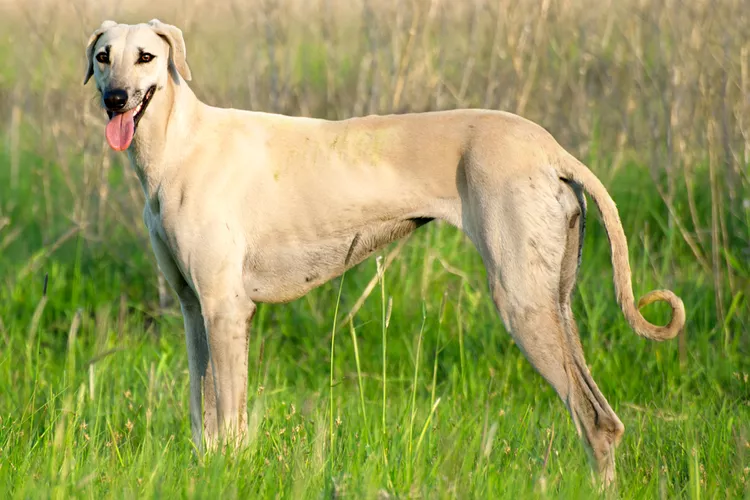
Sloughi: Dog Breed Characteristics & Care
Learn all about the Sloughi, an ancient dog breed known for its impressive running ability, slim stature, and affection toward its family.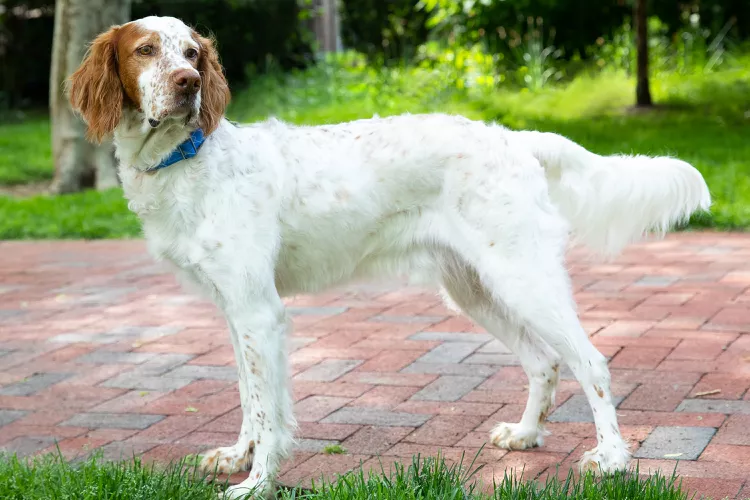
English Setter: Dog Breed Characteristics & Care
Learn about the English setter, an excellent hunting breed for pointing and retrieving game. It's also a popular and affectionate companion dog.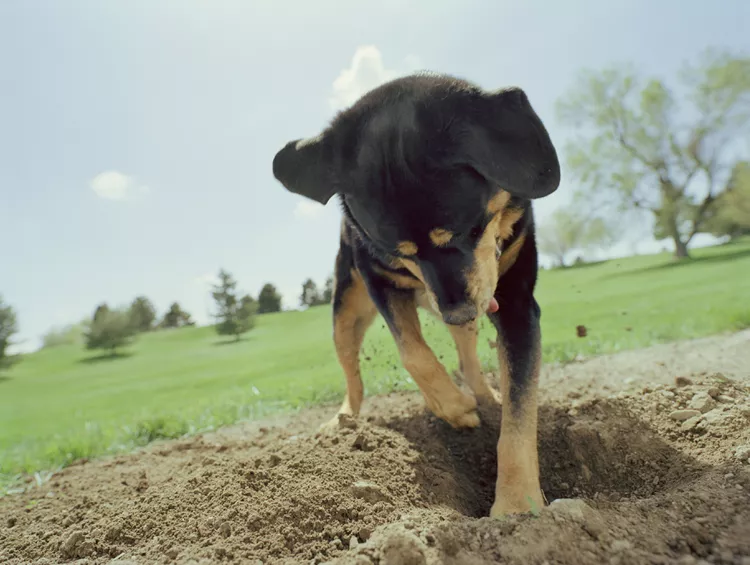
Why Dogs Bury Bones and Other Objects
If you give a dog a bone, he might bury it. Why is that? Learn about this burying behavior in dogs and what it means for your pet.
Reasons Why Dogs Run Away and How to Stop It
Dogs can escape, especially if they’re bored and not properly contained. Here are some techniques for stopping your dog from running away.